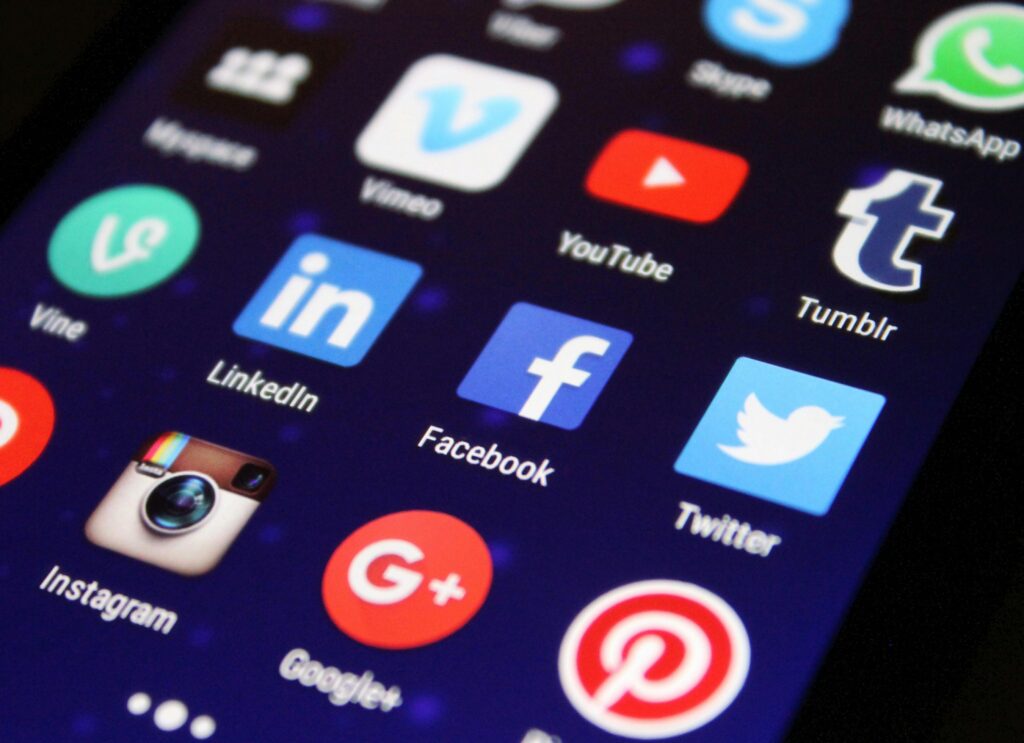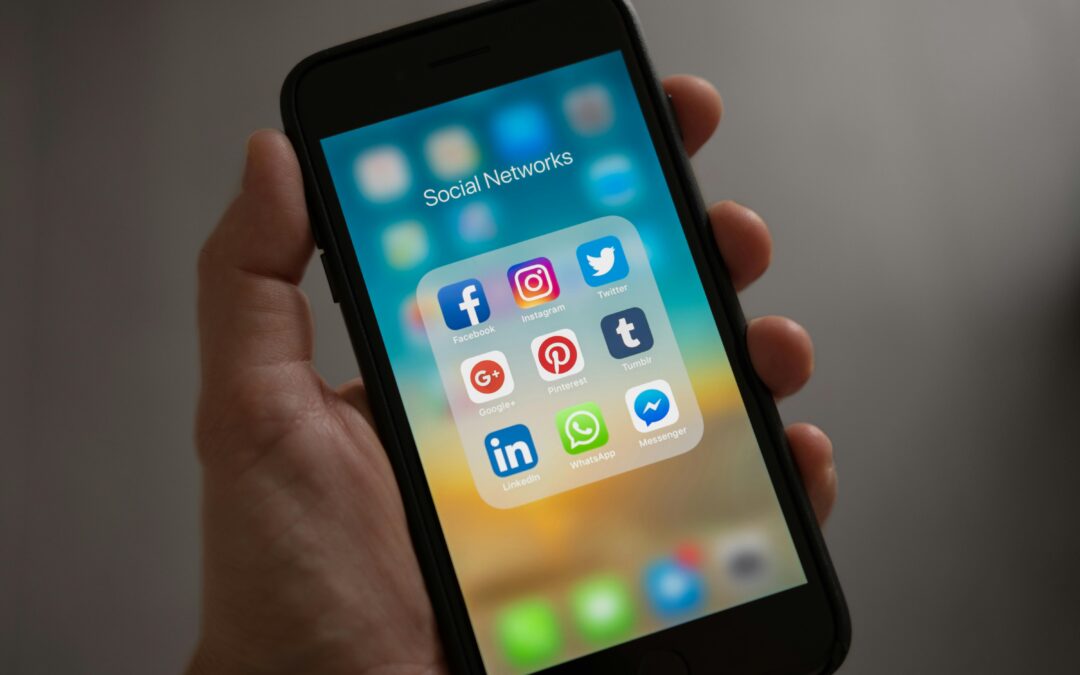Did you know that nearly 70% of you young adults report feeling pressure to showcase a perfect life on social media? This statistic underscores the powerful influence social media has on your mental health and well-being. On one hand, platforms like Instagram, TikTok, and Twitter can foster connections and creativity; on the other hand, they can also lead to feelings of anxiety and inadequacy.
Navigating the social media landscape can feel like a double-edged sword. In this blog, we’ll delve into the multifaceted relationship between social media and your mental health, discussing its potential benefits, the challenges it can create, and practical tips for curating a more positive experience online.
Its Benefits
For many of you, social media serves as a powerful tool for connection and community:
1. Building Relationships: Social media can help you connect with friends and family, stay updated on their lives, and even build new friendships with people who share your interests. Finding an online community can be incredibly supportive, especially during challenging times.
2. Creativity and Self-Expression: Platforms like Instagram and TikTok allow you to showcase your creativity and express yourself in unique ways. Whether you’re sharing art, music, or thoughts, the ability to connect with others through your passions can be empowering and fulfilling.
3. Accessing Information and Support: Social media can be a source of valuable information and resources on mental health, education, and personal growth. Many accounts dedicated to mental health awareness provide tips and support, helping normalize conversations around emotional challenges.
The Dark Side

While social media has its perks, many of you may also experience some less favorable aspects:
1. Comparison Culture: It’s easy to find yourselves scrolling through carefully curated highlight reels and feeling like everyone else is living a perfect life. These comparisons can lead to feelings of inadequacy and diminished self-worth.
2. Anxiety and Pressure: The pressure to maintain an online persona or garner “likes” can create stress and anxiety, influencing how you view yourself and your self-worth. Many young adults report feeling this kind of pressure, leading to self-doubt and stress.
3. FOMO (Fear of Missing Out): Social media can exacerbate feelings of FOMO. Watching friends partake in activities you weren’t included in can lead to feelings of isolation and sadness, making it challenging to focus on your own experiences.
Curating a Positive Experience
To foster a healthier relationship with social media, consider these techniques for creating a more positive online experience:
1. Follow Uplifting Accounts: Take a moment to evaluate the accounts you follow. Look for profiles that inspire and uplift you, focusing on mental health, personal growth, or creativity. Unfollowing accounts that drain your energy can help create a more positive feed.
2. Set Boundaries: Be intentional about how much time you spend on social media. Consider setting time limits for daily usage to help reduce feelings of overwhelm. Scheduling social media time can help you maintain a healthier balance between your online and offline life.
3. Engage Positively: Actively engage with content that resonates with you. Commenting positively, sharing supportive messages, or participating in discussions creates a sense of community. Your engagement can uplift not only your spirits but also those of others.
4. Share Your Journey: Use your platform to share your own experiences and challenges. Authentic sharing can inspire others and contribute to a supportive environment. Your story might encourage someone else to open up about their journey.
5. Mindful Consumption: Before logging on, take a moment to check in with yourself and your intentions. Ask yourself what you hope to gain from your time on social media. Being mindful can guide your usage and help ensure it aligns with your personal needs.
Conclusion
Social media can serve as both an ally and an adversary. It has the potential to foster community, creativity, and connection, but it can also lead to anxiety, comparison, and a distorted sense of self.
As you navigate your relationship with social media, it’s essential to evaluate how it impacts your mental health. We challenge you to reflect on your usage and consider adopting mindful engagement practices. What are your thoughts on social media? How has it affected your life? We’d love to hear your experiences and insights in the comments!

